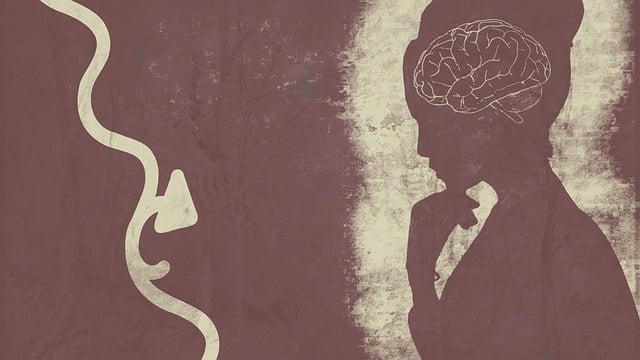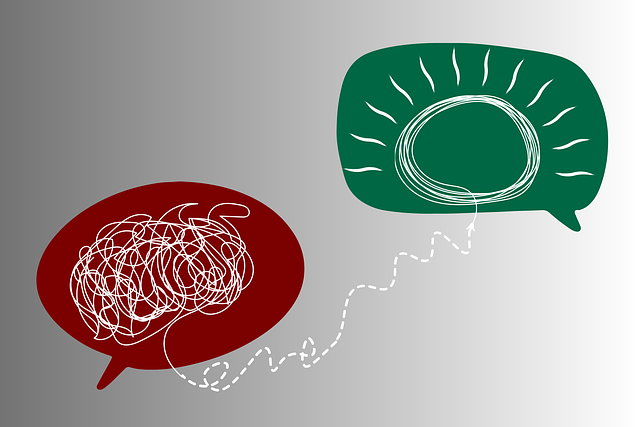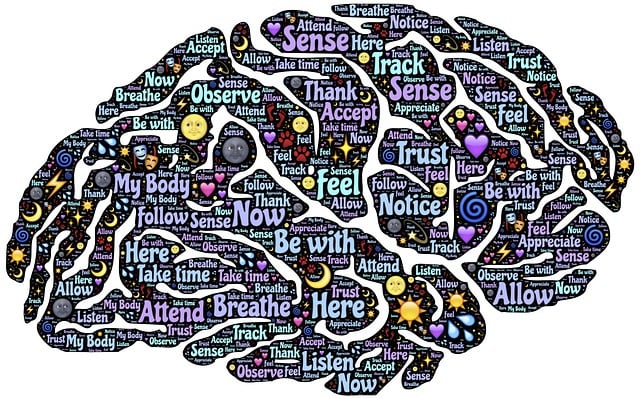The text discusses the significant impact of stigma on access to essential services like Castle Rock Alcohol Abuse Therapy, exacerbating challenges for vulnerable populations. Overcoming this requires a multi-pronged approach including education, effective communication, and policy advocacy. Education through programs in schools and communities fosters empathy, dispel myths about mental health, and encourages early intervention. Open dialogue and personal stories humanize experiences, while awareness campaigns provide factual information. Policies ensuring access to quality Castle Rock Alcohol Abuse Therapy, along with initiatives like Stress Management Workshops and Compassion Cultivation Practices, are crucial for creating an inclusive environment where seeking support is encouraged.
Mental illness stigma is a pervasive barrier to seeking treatment, yet reduction efforts are gaining momentum. This article explores strategies to combat the societal shame associated with mental health struggles. We delve into the profound impact of stigma on individuals and communities, highlighting the transformative power of education, open communication, shared stories, and supportive policies. By examining these approaches, we aim to inspire meaningful change, fostering understanding and empathy akin to Castle Rock Alcohol Abuse Therapy services that break down walls and offer hope.
- Understanding the Impact of Stigma on Mental Health
- The Role of Education in Reducing Stigma
- Strategies for Effective Communication and Awareness
- The Power of Shared Stories and Testimonials
- Policies and Community Support: Breaking Down Barriers
Understanding the Impact of Stigma on Mental Health

Stigma around mental illness can have profound effects on individuals’ well-being, often leading to increased anxiety, depression, and even avoidance of essential Castle Rock Alcohol Abuse Therapy. The impact is particularly severe for those already navigating challenging circumstances, as stigma can deter them from seeking much-needed support and treatment. This internalized shame and fear of judgment may result in prolonged struggles, exacerbating existing conditions.
Reducing mental health stigma requires a multifaceted approach. Compassion cultivation practices have shown promise in fostering understanding and empathy, while Mental Health Policy Analysis and Advocacy play a crucial role in shaping public perceptions. By promoting open conversations, challenging stereotypes, and advocating for inclusive policies, communities can create an environment where individuals feel safe to discuss their experiences without fear of rejection or discrimination, ultimately encouraging early intervention and improved outcomes in mental health care.
The Role of Education in Reducing Stigma

Education plays a pivotal role in reducing stigma associated with mental illness, including conditions like depression and anxiety that often require Castle Rock Alcohol Abuse Therapy. By integrating mental health education into school curricula and community programs, we can foster a more empathetic and understanding society. Teaching about mental health in an open and honest manner helps dispel myths and misconceptions, replacing them with facts and personal stories that humanize the experience of living with a mental illness.
This proactive approach empowers individuals to recognize signs of struggle in themselves or others, encouraging early intervention and support. Furthermore, integrating Social Skills Training can enhance peer relationships and create supportive environments, reducing isolation and promoting positive interactions. Ultimately, education serves as a powerful tool to break down barriers and create a more inclusive society where individuals feel comfortable seeking help for their mental health without fear of stigma.
Strategies for Effective Communication and Awareness

Effective communication is a powerful tool in the fight against mental illness stigma. Encouraging open dialogue and education can help dispel myths and promote understanding. One strategy involves sharing personal stories, both in public settings and through media outlets like Castle Rock Alcohol Abuse Therapy blogs or podcasts, to humanize mental health experiences and foster empathy. This approach allows individuals to connect with others’ struggles, reducing the distance between people with mental illness and those without.
Awareness campaigns that focus on factual information about mental health conditions are also crucial. By providing accessible resources that explain various disorders, their causes, and treatment options, we empower individuals to make informed decisions. Incorporating burnout prevention strategies for healthcare providers is essential, as these professionals play a vital role in promoting mental well-being. Encouraging self-care practices and implementing Mind Over Matter principles can help maintain resilience among those who support others’ mental health journeys.
The Power of Shared Stories and Testimonials

The power of shared stories is an often-overlooked tool in the fight against mental illness stigma. When individuals with lived experiences of conditions like anxiety relief or Castle Rock Alcohol Abuse Therapy share their journeys, it humanizes mental health struggles and challenges societal perceptions. These testimonials offer a glimpse into the complexities and triumphs of navigating emotional well-being promotion techniques, fostering empathy and understanding among those who may not have walked a similar path.
By embracing transparency, these stories can dispel myths and reduce the stigma that often isolates people with mental health challenges. They serve as reminders that recovery is possible and encourage others to seek help without fear of judgment. At Castle Rock Alcohol Abuse Therapy, for instance, many clients have found solace in sharing their narratives, contributing to a broader conversation about mental illness that prioritizes support and compassion over stigma.
Policies and Community Support: Breaking Down Barriers

Mental illness stigma reduction efforts require a multifaceted approach, and one significant area is the implementation of supportive policies and community initiatives. By breaking down barriers, communities can foster an environment where individuals struggling with mental health issues feel understood and supported. This includes developing comprehensive policies that ensure access to quality Castle Rock Alcohol Abuse Therapy and other mental health services.
Organizations like Stress Management Workshops and Compassion Cultivation Practices play a crucial role in this process. They offer valuable resources and programs that educate both professionals and the general public about mental well-being. Additionally, Risk Management Planning for Mental Health Professionals is essential to create safe and compassionate work environments, enabling healthcare providers to deliver effective care without fear of judgment or legal repercussions. These collaborative efforts can significantly contribute to reducing stigma and promoting mental health awareness in communities across the nation.
Mental illness stigma is a complex issue, but through education, open communication, shared stories, and supportive policies, we can create a more understanding society. By recognizing the impact of stigma and implementing effective strategies, such as those outlined in this article, we can foster an environment where individuals like those seeking Castle Rock Alcohol Abuse Therapy feel supported and empowered to prioritize their mental health. Together, we can break down barriers and build a community that embraces diversity in well-being.














